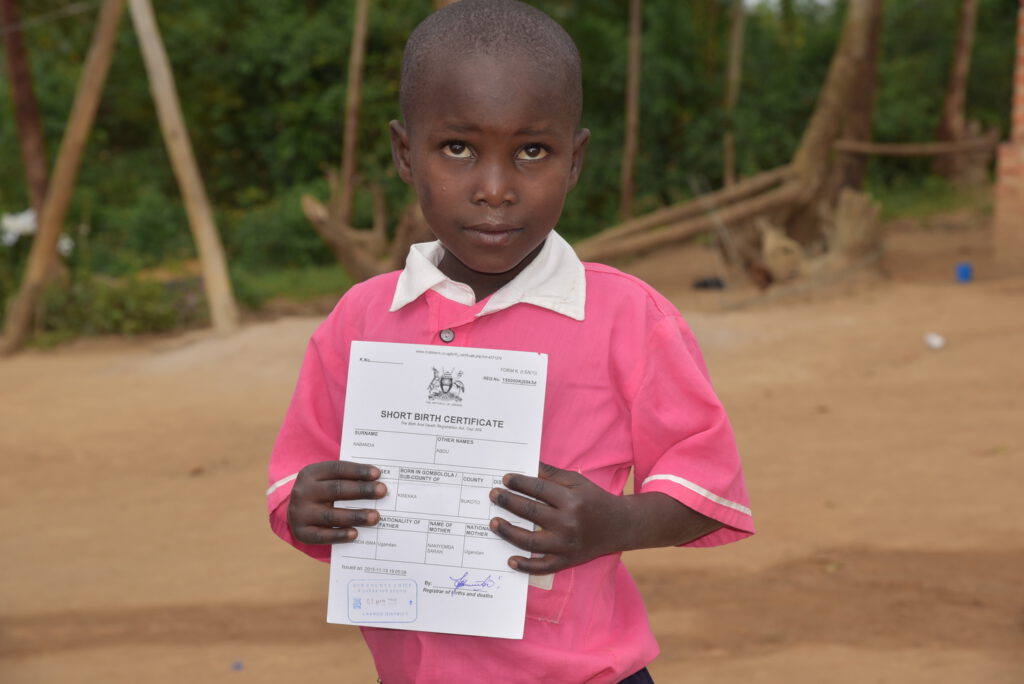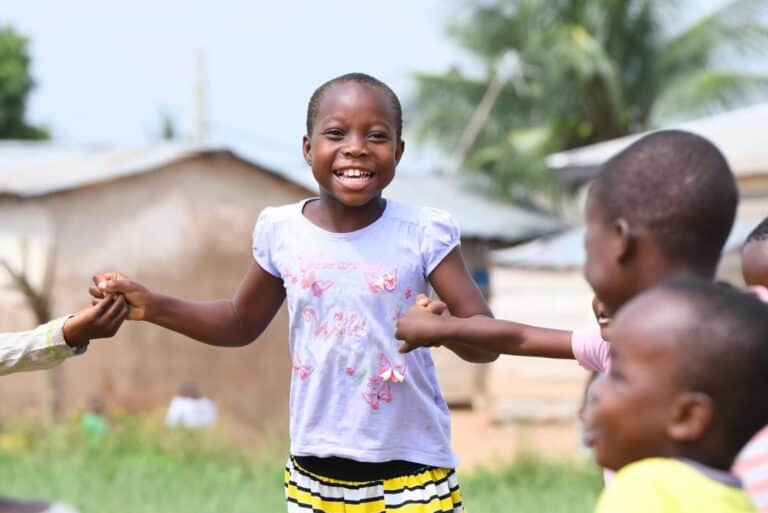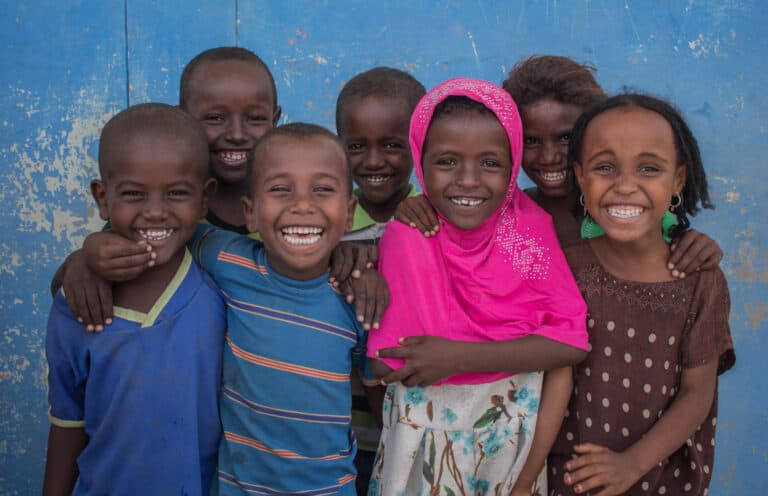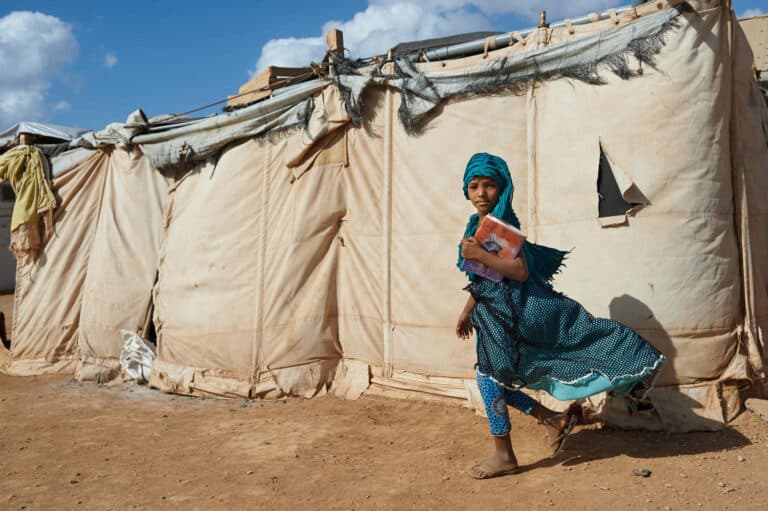There is only one child at Jovia Nursery and Primary School in Uganda who has an education grant: the one child with a birth certificate.
Though he and his parents are able to get supplies and assistance from the government, his classmates and 95 million more children under age 5 in sub-Saharan Africa without registered births cannot apply for the same social services.
A registered name and nationality is every child’s right to recognition before the law and is the foundation for the protection of children’s rights, safety and well-being. Beyond access to education, lack of documentation of children’s age puts them at risk of child labour, trafficking, or recruitment into the armed forces. They may also be tried as adults in court, have trouble migrating safely between nations, or be forced into marriage at young ages.
Still, according to the UNICEF brochure A Snapshot of Civil Registration in sub-Saharan Africa, the births of 2 in 3 infants in sub-Saharan Africa remain unregistered, and even more (3 in 4) do not possess a birth certificate. If the current trends continue, the number of unregistered children under age 5 in the region will soar to nearly 115 million by 2030.
Roadblocks to registration are extensive
Many parents who wish to register their children face barriers such as high fees, discouraging traditional practices, insufficient local services or lack of knowledge. For example, Sali Mah, a single mother in Côte D’ivoire, had not realised the value of registration because she had not been registered herself. She said to UNICEF, ‘I have never been registered. My parents did not think it necessary. I have never been to school.’ With the help of a UNICEF-supported legal clinic, Sali and others from her community have been able to register both themselves and their children for identity cards and receive educational and social services.
Other parents face prohibitive fees or laws such as those that ban mothers from registering their children without their husbands. There are still around 3 in 4 children living in sub-Saharan African countries where there are fees associated with birth registration. And even in countries where birth registration is technically free, there are often hidden fees or high opportunity costs such as those associated with travel.
Innovative solutions for every child
Beyond legal support, UNICEF found that integrating civil registration with other services such as health care can increase birth registration at significant rates.
This makes sense when considering the data: Immunization against tuberculosis at birth is at least twice as prevalent than birth registration for children under 1 year of age in 16 countries. In Guinea-Bissau and Zambia, immunization levels exceed birth registration levels of infants by approximately 9 to 1. Similarly, 8 in 10 births in the Democratic Republic of Congo and two-thirds of births in the United Republic of Tanzania occur in health facilities, yet registration of children under age 1 remain below 30 per cent in both countries. If birth registration is integrated with immunization and birth delivery services, it holds the potential to improve registration levels in these and other countries across the region.
Access individual country profiles on civil registration



